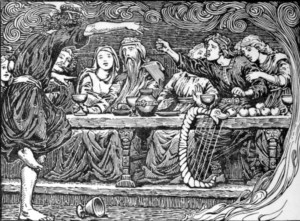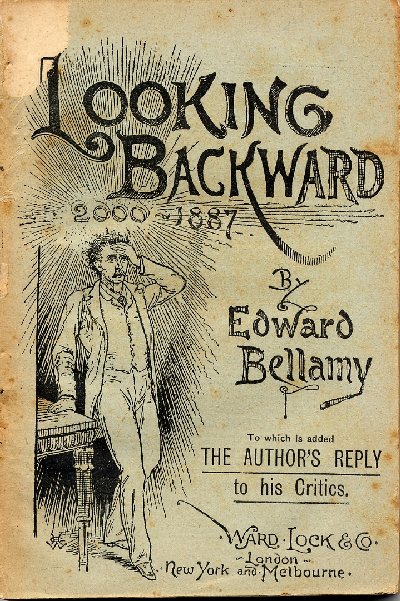The Poetic Edda is one of our main sources for Norse mythology, and the poems in it feature tales of gods, heroes, giants, and (of course) Ragnarok. However, not everything in the Poetic Edda focuses on quests, battles, heroes, or monsters. Some of the major poems featuring the Aesir don’t feature the gods fighting frost giants or battling with monsters like Fenris or the World Serpent. Rather, they spend an awful lot of time insulting each other.
In a poem known as The Flyting of Loki or Loki’s Quarrel, the god of mischief crashes a feast and systematically goes around the room insulting each of the other gods. In Harbard’s Song Odin (in disguise as a ferryman) taunts and belittles Thor for no reason at all. Each of the poems is an example of flyting, a Northern European medieval practice of trading comedic, poetic insults for the amusement of onlookers.

Podcast: Play in new window | Download
Subscribe:



